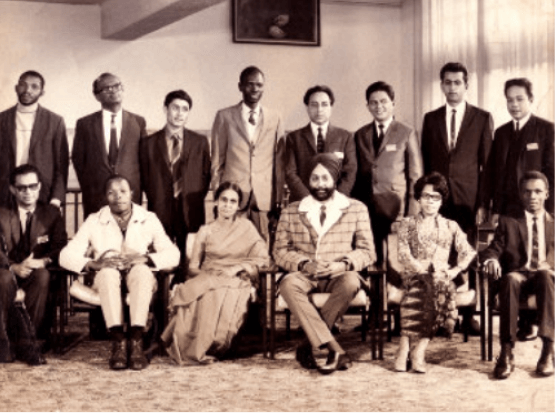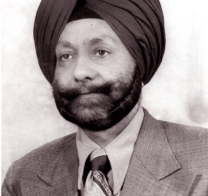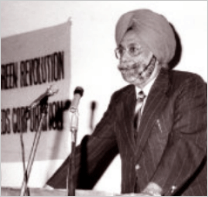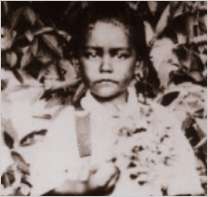Avtar Singh Deepak, my father, began his journey on Friday, 16 August 1929 (1 Bhadon) at 9 p.m. in the family haveli at Chak 128SB, Sargodha. He was the second son of Sardar Tara Singh and Sardarni Jaswant Kaur, born seven years after Gurbachan, his older brother. My father describes his early childhood most eloquently in his poetry and biographical book Bolde Akhar. The village of Chak 128SB was the location of the farm given to his grandfather, Captain Ram Singh, by the British as a token of thanks for his meritorious Army service. Though the ancestral village was still Sunam, the whole family, apart from a few members, lived there. It was not easy to reach the village, located around four or five miles between two railway stations, Sikhan Wali and Aldane. There were no roads and no transport. So one had to walk. There was so much dust and heat on the way that one would be unrecognisable by the time one reached the village. To the east were houses built of mud, while the main haveli was built of bricks. Past the courtyard, there were rooms for the buffaloes, other domestic animals, and horses. As a child, I watched them all day, eating their fodder, which our servants provided to them without any complaints. As evening approached, I could hear the calves begging for milk from their mothers. The whole tabela (where animals are kept) would come alive. The young calves would be allowed to drink milk to their heart’s content before the servants milked the buffaloes for us. Buckets full of milk were then put on the karrni (fire to boil milk, made from earthen pots) to drink later and make butter the following morning. The water well for our use was outside the haveli. There were no tube wells in those days, so the water from the hills flowed through the canals to reach us.




